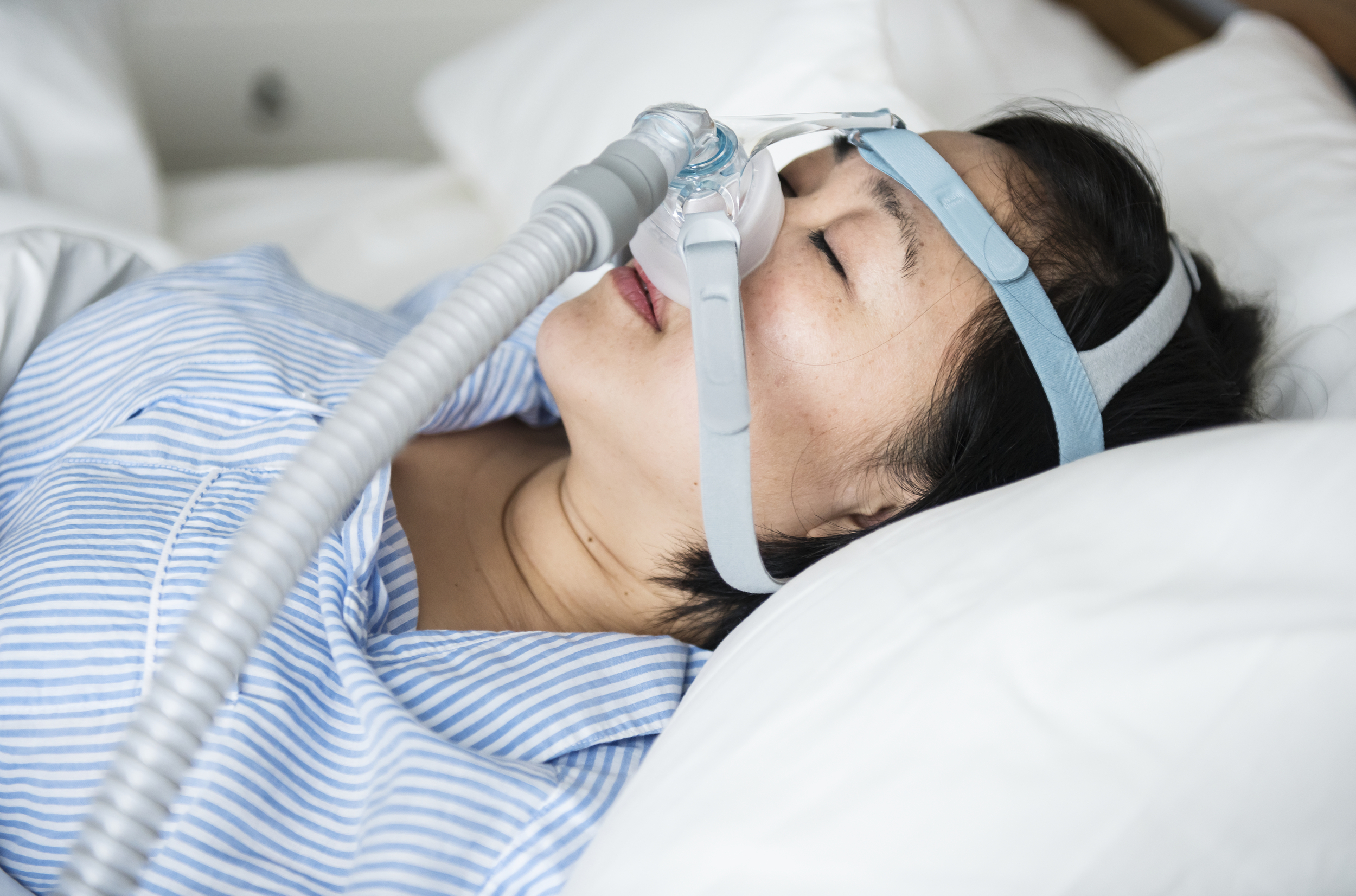

The findings of the TESLA trial, published in eClinical Medicine by researchers from King’s and Guy’s and St Thomas’ NHS Foundation Trust, indicate the possibility for a novel therapeutic alternative for patients who use a transcutaneous electrical stimulation (TENS) machine. Sleep apnea affects around 1 billion people globally, including millions in the United Kingdom. While the illness is commonly associated with snoring, persons who suffer from it regularly stop breathing during the night. The illness causes people to be overly tired during the day, lose focus, and occasionally experience headaches. People with sleep apnea are advised not to drive if they are very tired.
Many people with sleep apnea may benefit from a continuous positive airway pressure (CPAP) machine, which pumps air into a mask worn over your mouth or nose while sleeping. However, after three months, only approximately 75% of patients adhere to CPAP, and after five years, this drops to about 25%. There are few evidence-based alternatives to CPAP, although they include a specialized mouth guard that pulls the lower jaw forward, known as a mandibular advancement device (MAD), and, in certain situations, surgical treatments.
The TESLA TENS machine is a compact, battery-powered gadget with leads connected to adhesive pads known as electrodes. It is routinely used to treat pain caused by illnesses such as arthritis and during child labor, but it has never been used to treat persons with obstructive sleep apnea.
The TESLA experiment demonstrates that this can be a low-cost, non-invasive therapy method. Patients with obstructive sleep apnea were randomly assigned to either a TENS machine or a CPAP machine. The TENS machine’s gentle and continuous electric stimulation is sufficient to maintain the airway open while sleeping, allowing effortless breathing to continue.
TENS treatment improved nocturnal breathing and significantly reduced daytime tiredness in patients.
The experiment also demonstrates that this treatment could be explored for patients who do not respond well to CPAP, giving a second line treatment that is less expensive and takes less time to implement than current choices.
He added: “In contrast, a TENS machine is non-invasive, has little side effects, and is cheap. The TESLA trial shows us the potential of a new therapeutic option, transcutaneous electrical stimulation, and it will be interesting to see how the method can be used in clinical practice.”
A multi-center trial is presently being designed to demonstrate efficacy in various healthcare systems.
more recommended stories
 Nanoplastics in Brain Tissue and Neurological Risk
Nanoplastics in Brain Tissue and Neurological RiskKey Takeaways for HCPs Nanoplastics are.
 AI Predicts Chronic GVHD Risk After Stem Cell Transplant
AI Predicts Chronic GVHD Risk After Stem Cell TransplantKey Takeaways A new AI-driven tool,.
 Red Meat Consumption Linked to Higher Diabetes Odds
Red Meat Consumption Linked to Higher Diabetes OddsKey Takeaways Higher intake of total,.
 Pediatric Crohn’s Disease Microbial Signature Identified
Pediatric Crohn’s Disease Microbial Signature IdentifiedKey Points at a Glance NYU.
 Nanovaccine Design Boosts Immune Attack on HPV Tumors
Nanovaccine Design Boosts Immune Attack on HPV TumorsKey Highlights Reconfiguring peptide orientation significantly.
 High-Fat Diets Cause Damage to Metabolic Health
High-Fat Diets Cause Damage to Metabolic HealthKey Points Takeaways High-fat and ketogenic.
 Acute Ischemic Stroke: New Evidence for Neuroprotection
Acute Ischemic Stroke: New Evidence for NeuroprotectionKey Highlights A Phase III clinical.
 Statins Rarely Cause Side Effects, Large Trials Show
Statins Rarely Cause Side Effects, Large Trials ShowKey Points at a Glance Large.
 Anxiety Reduction and Emotional Support on Social Media
Anxiety Reduction and Emotional Support on Social MediaKey Summary Anxiety commonly begins in.
 Liquid Biopsy Measures Epigenetic Instability in Cancer
Liquid Biopsy Measures Epigenetic Instability in CancerKey Takeaways Johns Hopkins researchers developed.

Leave a Comment